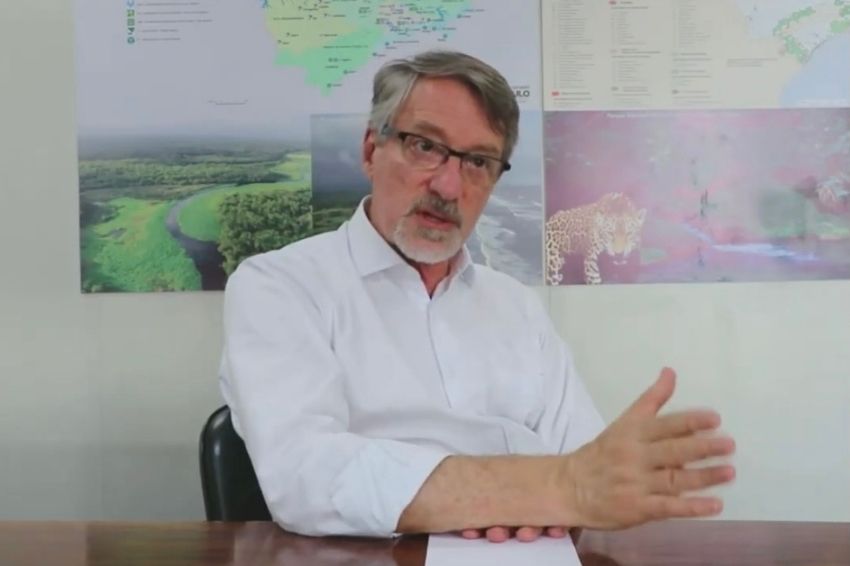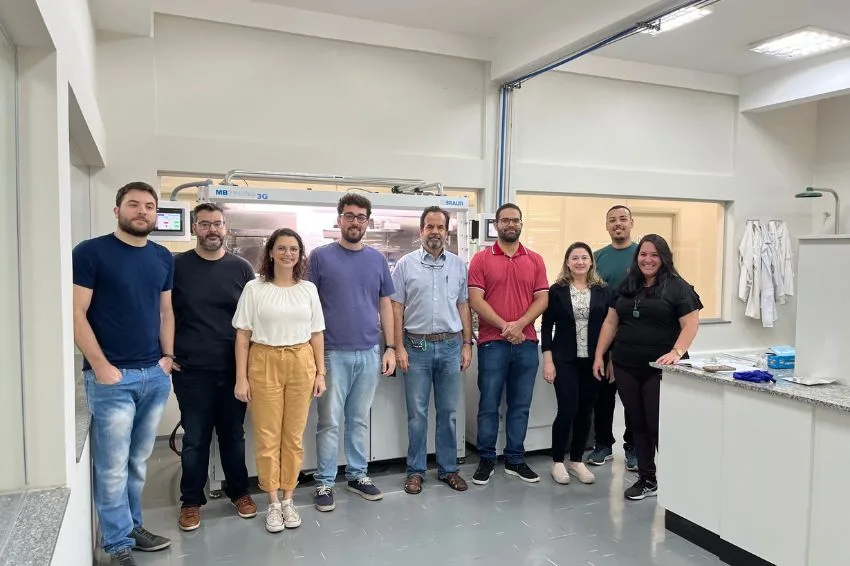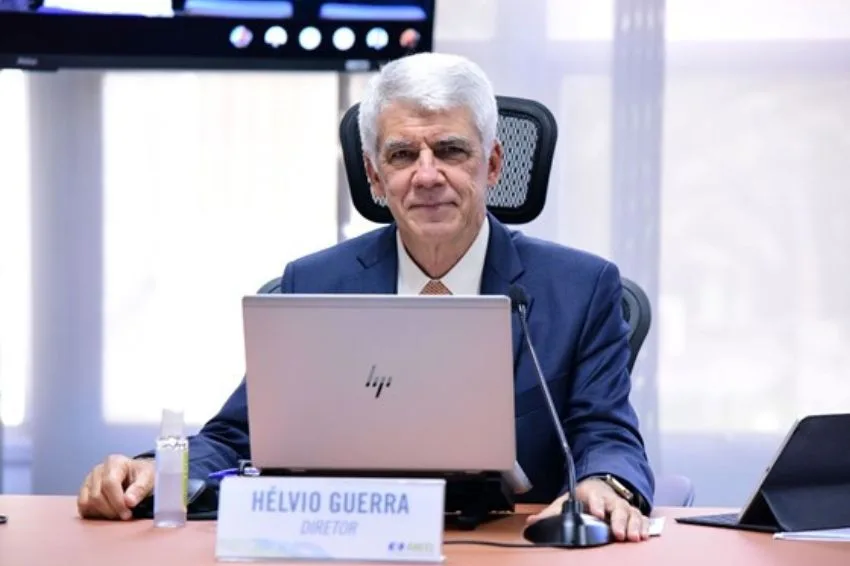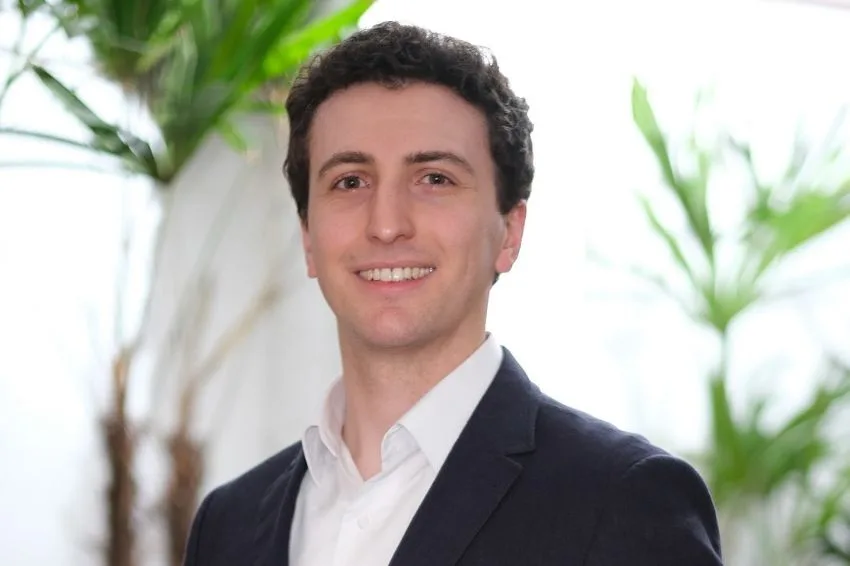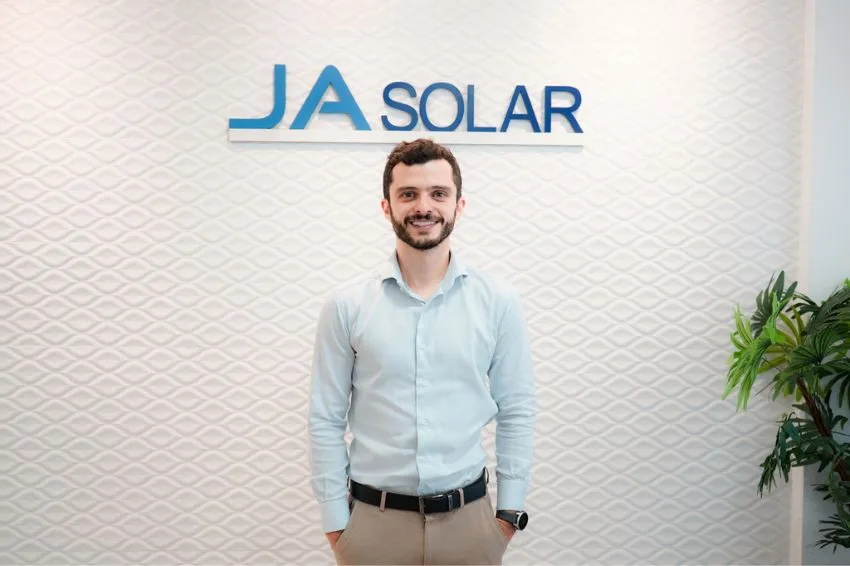The effects of global warming and the need to develop goals for the decarbonization of the planet have made Brazilian governors and mayors mobilize in the search for sustainable solutions, aiming for the future of new generations.
In São Paulo, one of the alternatives found was the commitment to the Race to Zero, a United Nations movement to combat climate effects and help countries achieve the goals set in the Paris Agreement.
To be able to meet demands, the São Paulo government launched the São Paulo State Climate Action Plan “Net Zero 2050”, aiming to achieve neutrality in greenhouse gas emissions in São Paulo municipalities by 2050.
The project was presented on July 28th this year and brings a series of strategies to mobilize investments in the renewable energy sector, with a focus on promoting generation from solar sources.
In total, the program will be based on five axes: accelerated electrification, advanced fuels, systemic efficiency, resilience and nature-based solutions, and green finance and innovation. Total investment will be 5% of São Paulo's GDP by 2050.
In an interview with Solar Channel, Eduardo Trani, state undersecretary for the Environment, explains that the plan also foresees establishing new solutions for renewable energy, aiming to meet goals such as: restoration and preservation of forests, pollution control and guarantee of better air quality, valorization of sustainable transport and ensuring greater water security.
Canal Solar: How was the process of creating the Climate Action Plan for the State of São Paulo?
Eduardo Trani: At the beginning of the year, governor João Doria (PSDB) demonstrated sensitivity so that we could present to him the possibility of joining global campaigns, such as “Race to Zero”. With the international relations we have, especially with the United Kingdom, we were driven to this challenge. Today, we are the only state in the country that joined the movement by creating a decree.
How does the State intend to implement the new plan? Is there already a pre-established schedule?
The State of São Paulo Climate Action Plan is divided into five guideline plans and five lines of action. We will create an action plan by June next year and another adaptation plan by the end of 2022. Furthermore, we will have targets for different periods: first for 2030, then for 2040 and, finally, for 2050.
Because of this, we decided to offer society a base text, which is under public consultation until September 31st, through which society can help us with contributions. We are currently holding several sectoral discussions with professionals from agribusiness, agriculture, commerce, transport and many others. These conversations will be important to improve the guidelines document.
In other words, at this moment, the Climate Action Plan is not yet ready. Correct?
Exactly. Let's do this jointly with the whole of society and with all sectors. We will include all contributions in this consultation process. The first phase ends in September so we can finalize the guidelines. Then comes the second phase, from December to March, where we will deepen the investment goals and financing mechanisms.
Does the Plan have energy transition policies aimed at the solar energy sector?
In the climate action plan, the weight and importance of solar energy will be very relevant. We are still going to design how the energy and economic transition will be carried out. The fact is that we need to create a State with a greater composition of electrical energy based on renewables and large sectors will be worked on to achieve this.
In addition to biofuels, we will focus on photovoltaic solar sources, sugar cane biomass and biogas. These are areas that we are already encouraging. The solar photovoltaic generation capacity in the State is enormous and we are looking at this component very carefully. We have to invest more and more in technologies and innovation in this area.
One of the actions we are going to take is to support, through our universities, lines of research in the areas of renewable energy (including solar), because we will only be globally competitive if we have better conditions and more affordable prices.
Image: Reproduction.


